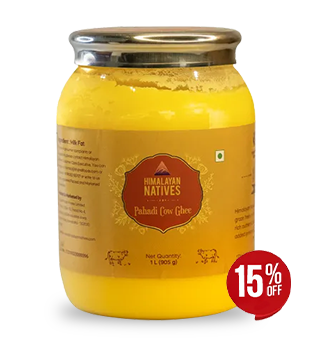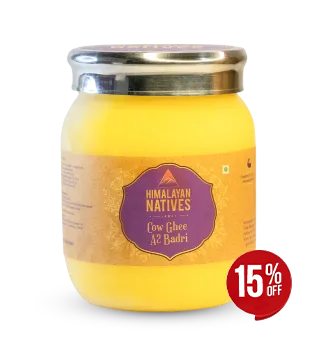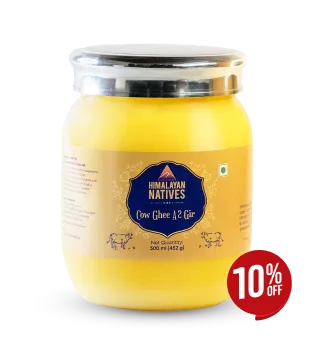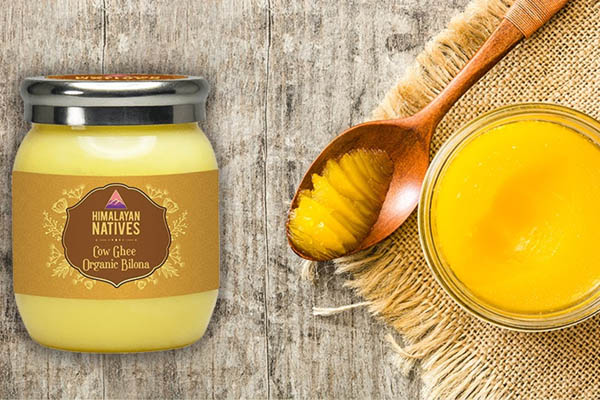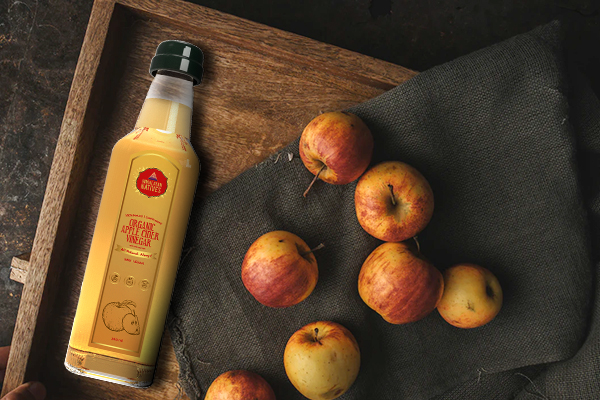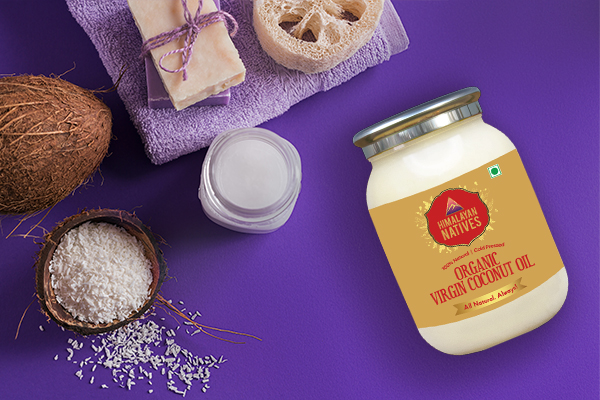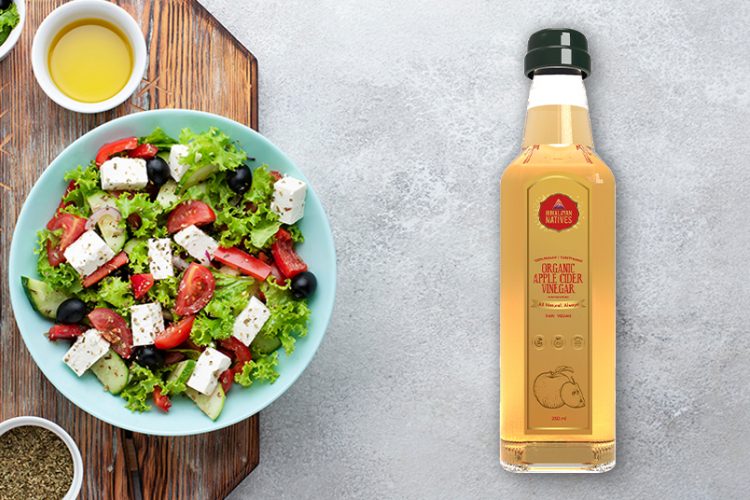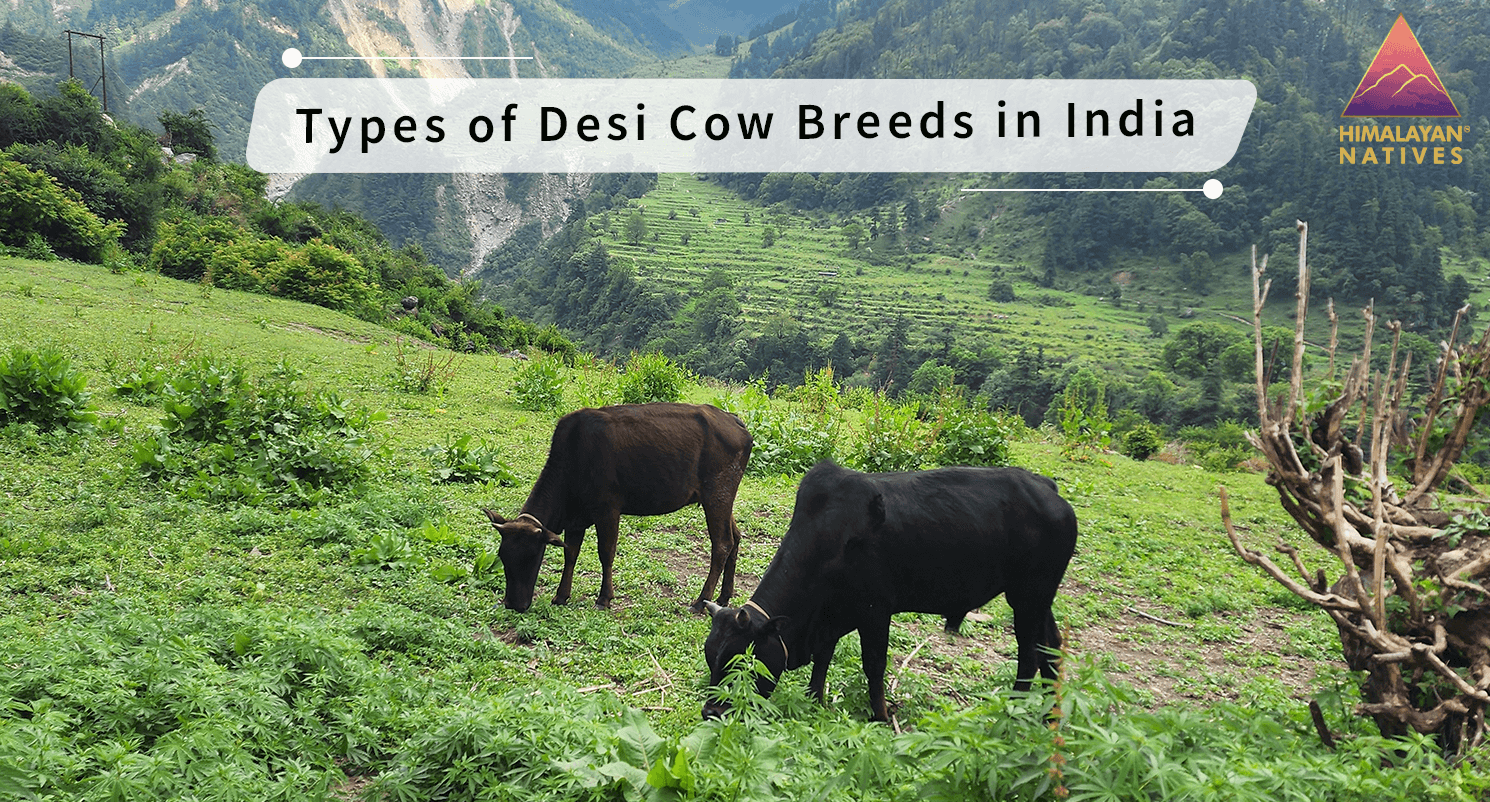
When it comes to dairy, the origin matters more than you might think.
In the heartland of India, where cows have been worshipped for centuries, there exists a remarkable diversity of indigenous cow breeds.
And this isn't just a matter of regional pride; it's about nurturing the very essence of Indian agriculture and traditions.
In this blog, we’ll take you through the agricultural landscapes of India, where we explore some of the unique characteristics of our Desi Cows, A2 milk and the secret behind the rich, golden Desi Ghee that we all love.
The Superiority of Desi Cows
India is home to a magnificent range of Desi Cow breeds, each with distinct traits and qualities. Gir Cow, Badri Cow, Pahadi Cow – these are more than just names, they are the milk-bearing backbone that graces our farmlands.
And unlike Jersey Cows, they are known for their robustness to adapt to diverse climates and their gentle temperament.
The Secret to A2 Milk and A2 Ghee
One of the unique characteristics of milk from these Desi cows is the composition of A2 beta-casein, a protein associated with numerous health benefits.
The A2 milk produced by these indigenous cows is believed to be easier to digest and less likely to cause milk allergies. But that's not all, this milk serves as the pure and raw ingredient for Desi Ghee, a staple of Indian households.
Traditional and cultural farmers have been practising Cow Based Natural Farming since ages, where cows are treated like family.
The cows are milked in a cruelty-free manner, and their calves have the first right to their mother’s milk.
6 Indigenous Cow Breeds You Should Know About
1. Gir or Gyr Cow
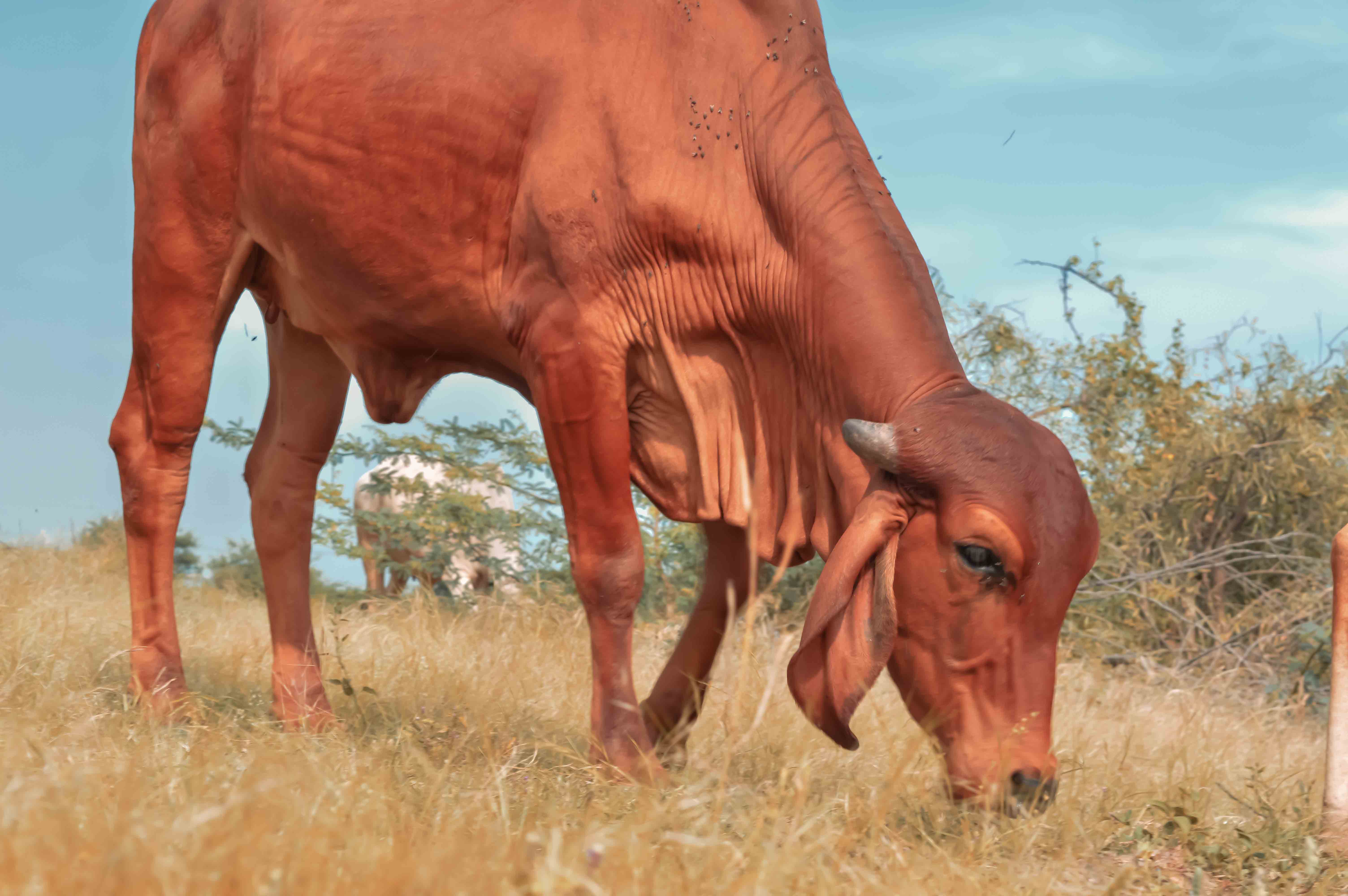
Breed Type: Zebu
Country of Origin: India (Gujarat)
Cattle Type: Desi (Indigenous)
Average Body Size: Large (400-475 kg)
Milk Type: A2 Milk
Milk Production: 6-10 litres per day
Gir cattle, known for their robust nature and adaptability, originate from the Gir hills and forests of Kathiawar, Gujarat. This breed has been a major contributor in improving other cattle breeds locally.
One feature that sets Gir Cows apart from other Cow breeds is their high hump permanent hip bone.This hump carries incredible healing properties linked to the Surya Ketu Nadi. When the hump is exposed to sunlight, it triggers the production of gold salts within the cow's body, circulating through their blood, urine, dung, and other fluids. It's these very salts that give a natural golden hue to the Ghee derived from their A2 milk.
Gir cows typically produce 6-10 litres of A2 milk daily, contributing to their status as one of India's top indigenous breeds. The Gir cow is revered for its milk, known for its exceptional qualities.
Milk Benefits:
High A2 protein content in Gir cow's milk.
Contains essential amino acids, making it a complete protein source.
Helps in building and repairing body tissues.
Aids in muscle growth and repair.
Good source of calcium for strong bones and teeth.
Do not miss trying this jar of A2 Gir Cow Ghee which is made from the A2 Milk of Gir Cows that are grass fed on mineral rich organic farms.
2. Badri Cow
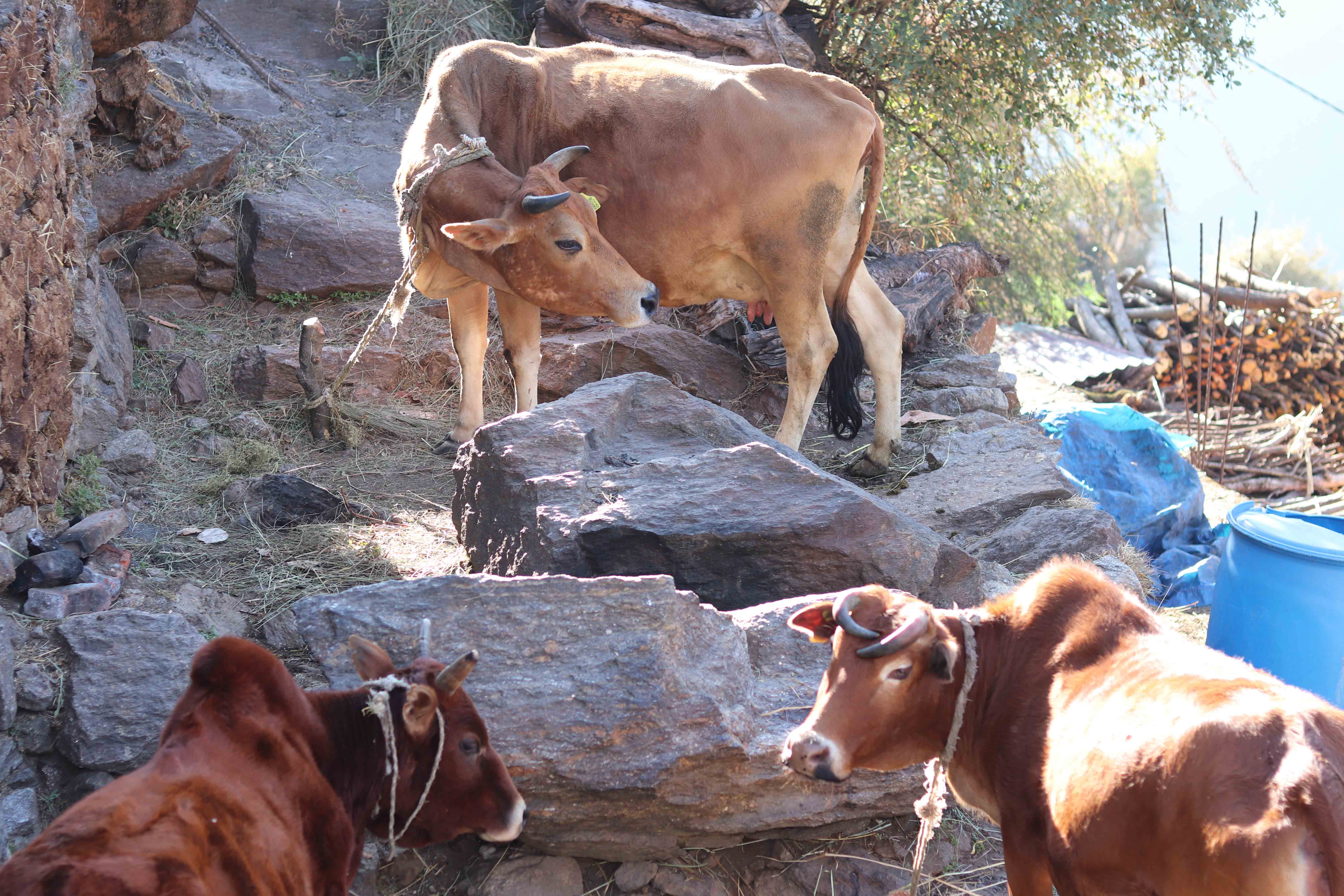
Breed Type: Zebu
Country of Origin: India (Uttarakhand)
Cattle Type: Desi (Indigenous)
Average Body Size: Medium (300-400 kg)
Milk Type: A2 Milk
Milk Production: 5-7 litres per day
Badri cows hail from the breathtaking landscapes of Uttarakhand, and their adaptability to the hilly terrain sets them apart.
Known for their moderate size, Badri cows yield approximately 5-7 litres of A2 milk daily. The pure A2 milk from Badri cows is cherished for its purity and A2 Nutrition.
Milk Benefits:
Easy digestibility, suitable for all age groups.
Rich in vitamins and minerals.
Supports a healthy immune system.
Contains antioxidants that combat oxidative stress.
Aids in maintaining cardiovascular health.
Bring home your jar of A2 Badri Cow Ghee, traditionally made from the pure A2 Milk of Badri Cows.
3. Pahadi Cow
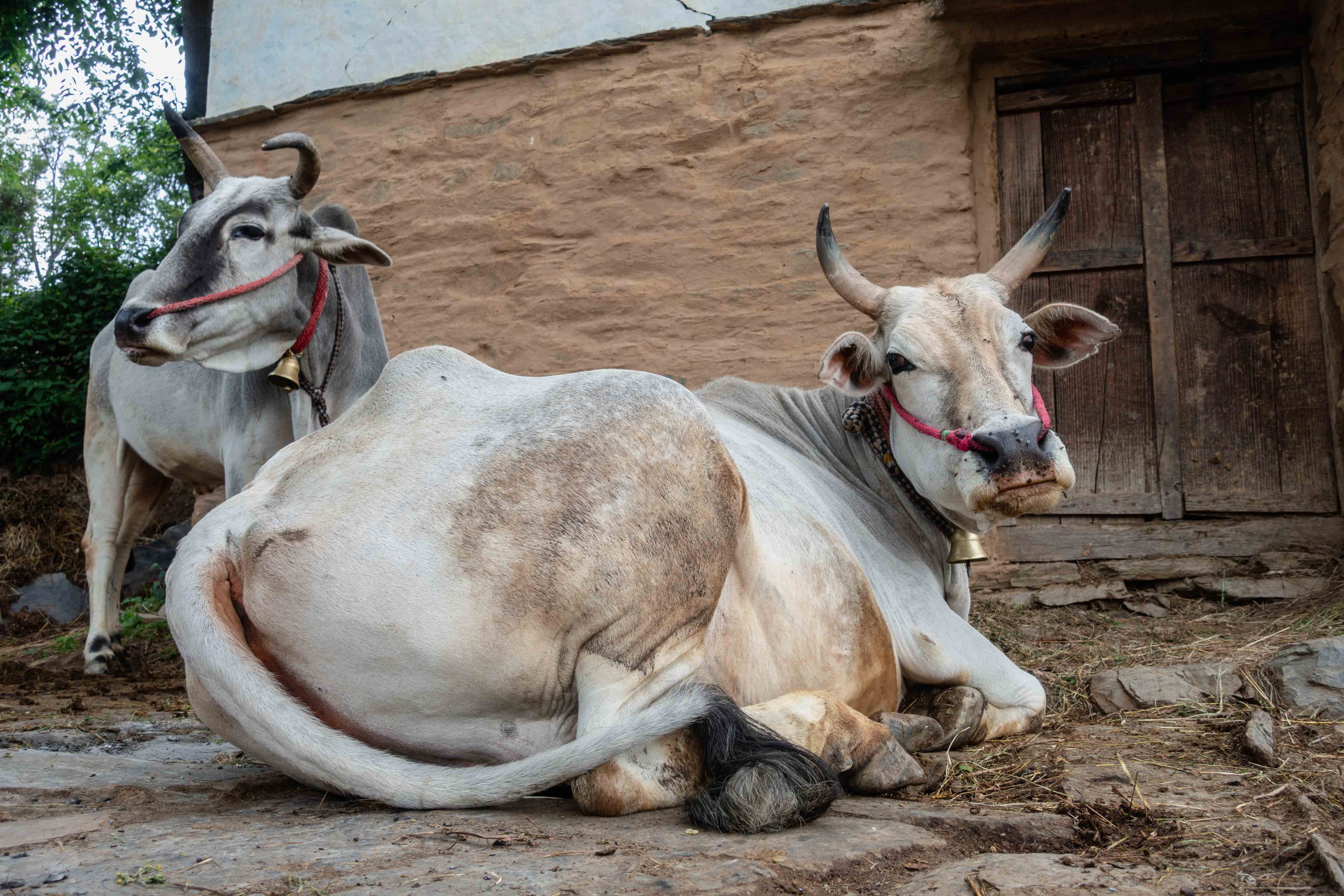
Breed Type: Zebu
Country of Origin: India (Himalayan Region)
Cattle Type: Desi (Indigenous)
Average Body Size: Small to Medium (250-350 kg)
Milk Type: A2 Milk
Milk Production: 4-6 litres per day
Pahadi cows graze freely in the pristine Himalayan region of India. Their small to medium size and high adaptability to the challenging mountainous terrain make them exceptional.
These indigenous cow breeds hold a special place in India's agricultural heritage, not only for their milk but also for their contribution to preserving traditional practices and the rich cultural tapestry of the nation.
Milk Benefits:
A2 milk with exceptional nutritional richness.
Low in cholesterol, promoting heart health.
Aids in digestion and gut health.
High in essential fatty acids.
Rich in vitamins A and D for healthy skin and bones.
Have you tried this jar of Pahadi Cow Ghee before?
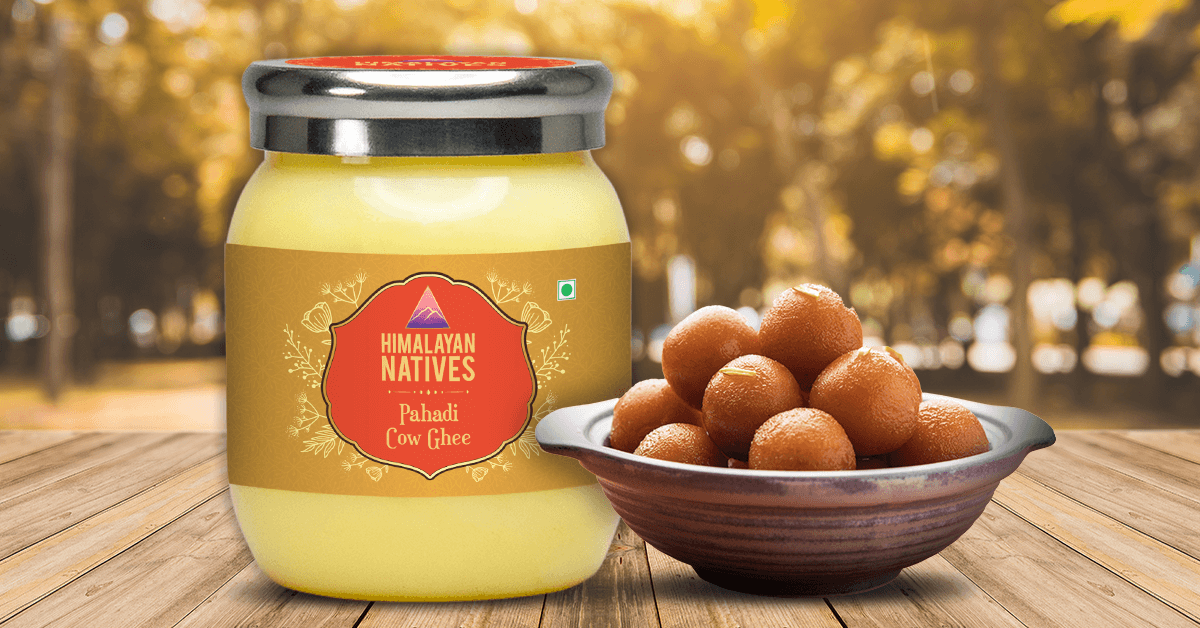
4. Sahiwal Cow
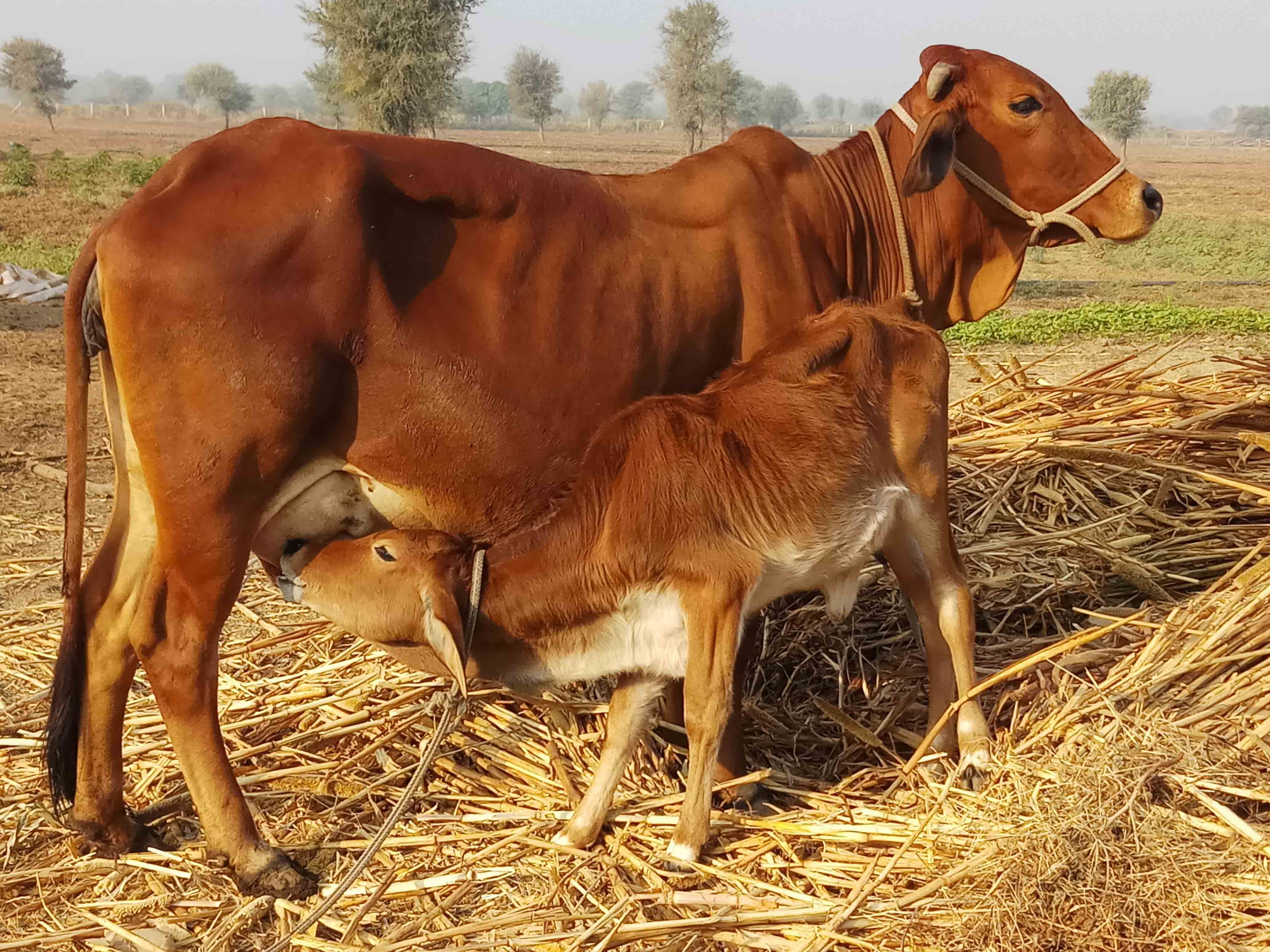
Breed Type: Zebu
Country of Origin: India (Punjab)
Cattle Type: Desi (Indigenous)
Average Body Size: Medium to Large (400-500 kg)
Milk Type: A2 Milk
Milk Production: 8-10 litres per day
Hailing from the fertile lands of Punjab, the Sahiwal cow is renowned for its hardiness and adaptability to varying climatic conditions.
These cows are of medium to large size and are known for their consistent production of 8-10 litres of A2 milk daily. Sahiwal cows play a vital role in India's dairy industry, supplying rich and nutritious milk.
Milk Benefits:
Rich in protein, supporting muscle health.
High calcium content for strong bones and teeth.
Aids in maintaining healthy blood pressure.
Supports overall wellness and vitality.
Easy digestibility for all age groups.
5. Hallikar Cow
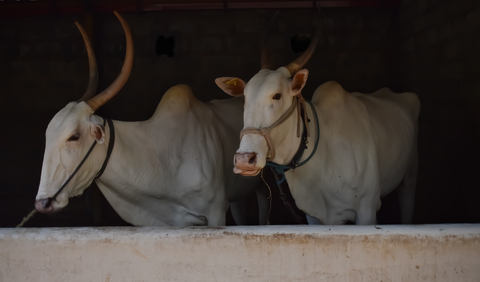
Breed Type: Zebu
Country of Origin: India (Karnataka)
Cattle Type: Desi (Indigenous)
Average Body Size: Medium to Large (400-500 kg)
Milk Type: A2 Milk
Milk Production: 5-7 litres per day
Hallikar cows, native to the Karnataka region, are known for their robust nature and adaptability to the local climate. These medium to large-sized cows yield approximately 5-7 litres of A2 milk per day.
They are known for strong physique, hardiness, and strong immunity that makes them resistant to certain diseases. They can survive in both hot and cold climates, and are used for both dairy and draft purposes.
Milk Benefits:
Rich in protein for muscle health and repair.
High in essential amino acids.
Aids in maintaining cardiovascular health.
Essential vitamins and minerals for vitality.
Easy digestibility, suitable for all age groups.
6. Rathi Cow
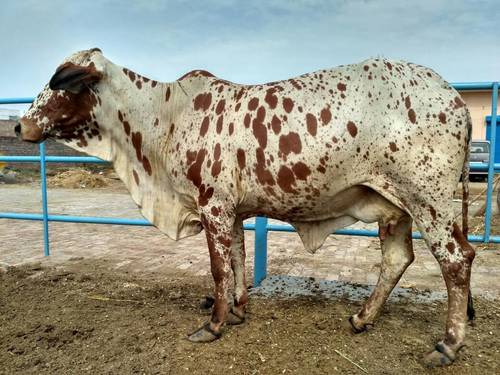
Breed Type: Draft Breed
Country of Origin: India (Rajasthan)
Cattle Type: Desi (Indigenous)
Average Body Size: Medium to Large (400-500 kg)
Milk Type: A2 Milk
Milk Production: 6-8 litres per day
The Rathi cow, native to the arid landscapes of Rajasthan, are highly adaptable to harsh and warm climatic conditions. These medium to large-sized cows produce approximately 6-8 litres of A2 milk daily.
Rathi cattle are medium-sized animals, brown or black in colour with white spots all over their bodies. Rathi cows are esteemed for their milk's quality and contribute significantly to India's dairy industry.
Milk Benefits:
Rich in protein, promoting muscle health.
Supports strong bones and teeth.
Aids in digestion and gut health.
Each of these indigenous cow breeds carries unique characteristics, reflecting the diversity of India's landscape and cultural heritage. Beyond their milk production, these cows hold a special place in the hearts of Indian farmers and households.
At Himalayan Natives, we love Cows and respect what they have to offer to us. That’s why we source our Ghee directly from the local Ghee farmers all across India. The cows at our farms are provided with utmost love, care and are milked cruelty free.
Frequently Asked Questions (FAQs):
1. Which are the best Desi Cow breeds in India for A2 milk?
Answer: The most celebrated Desi Cow breeds for A2 milk include the Gir Cow, Badri Cow, and Pahadi Cow. These cows are known for their milk's exceptional quality.
2. How do Desi Cow breeds differ from other cattle breeds?
Answer: Desi Cow breeds are indigenous to India, adapted to local climates and known for their A2 milk. They're distinguished by their physical traits and robustness.
3. Why is the first right to milk given to the calves in Desi Cow farming?
Answer: In Desi Cow farming, the well-being of cows and their calves is paramount. Giving the first right to milk to calves ensures their proper nutrition and growth.
The journey into the realm of Desi Cow breeds is as enriching as a glass of pure A2 milk. These cows, nurtured by dedicated farmers, hold the secret to the rich and golden Desi Ghee we cherish. It's not just about the milk; it's about preserving traditions and honouring the cow custodians that enrich our lives.
If you liked what you read, hop onto our Instagram and Facebook pages where we share daily tips and information on such topics that will help you adopt a healthier lifestyle and know our tradition better.
 HELPFUL0 people found it helpful
HELPFUL0 people found it helpful
Related Blogs
Subscribe to Our Blogs
and never miss on the latest update!







